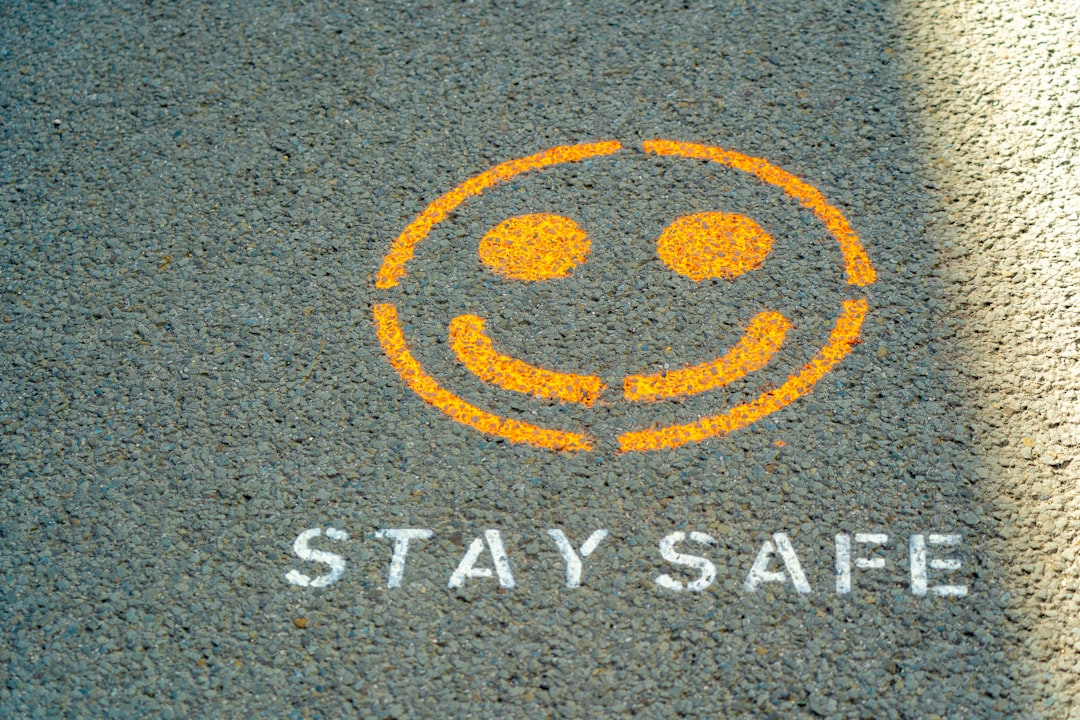A little push

Students of economics may be familiar with the concept of "nudge theory." The idea, pioneered by Richard Thaler and others utilizes behavioral science data to influence the decision making of individuals or groups. Predictable human behavior has long been used to sell things - place the product at eye level, or near the cash register. But nudges can be very subtle and since governments cottoned on to the idea, they are everywhere.
Simon Ruda has written about the extensive use of nudging during the pandemic. As part of the "Nudge Unit" in the UK government, Ruda felt he had discovered the "secret sauce", watching his campaigns influence public behavior across the world. Developing the "choice architecture" to change people's behavior, while making them feel as if they were freely choosing was so much nicer than mandating. Ruda now thinks that the use of nudging by unaccountable and imprudent agencies could have deleterious effects. He disapproves of the way many governments ramped up fear to shape public behavior, which is now in a "worrying feedback loop".
Ultimately, nudge theory is still just that - a theory. Regardless of whether it works or not, some have questioned the ethics of directing folks like a conniving puppetmaster. As with a lot of things in these COVID years, hidden forces that are vying for our attention and affection are being dragged into the light. While we still need to be good neighbors living peaceably as far as it depends on us, we are a peculiar people. Though the slow avalanche of the white noise might push us to conform, the way we must follow is sometimes against the grain. The mighty word of God, which as St Paul wrote is able to make us wise unto salvation is our defense against these dark arts. When perilous times come, stand on his strong Word.



